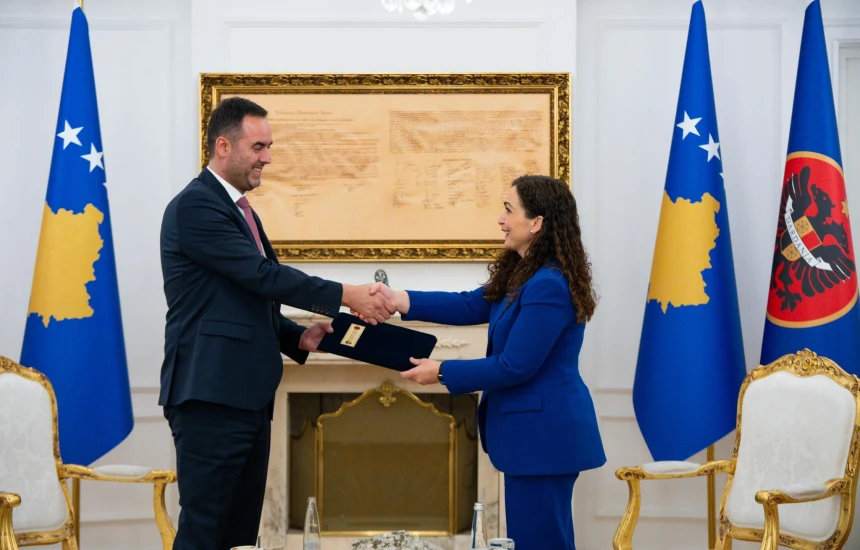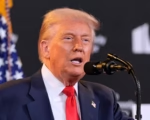With the parliamentary session to vote on the new government scheduled no later than Wednesday, political analysts express doubts about Glauk Konjufca, the second nominee for Prime Minister from Vetëvendosje (LVV), securing the required 61 votes to form a government following the February 9 elections.
Analyst Adrian Zeqiri stated that he does not expect Konjufca to achieve a majority, noting that there has been no progress on forming a coalition. “Without a coalition, it is illogical to expect the government to be approved, as it would essentially be the same government with the same program,” he said.
Analyst Albinot Maloku shared a similar view, emphasizing that LVV has not indicated it has the necessary support from other parties in parliament to form the new executive.
Among parliamentary parties, only the Alliance for the Future of Kosovo (AAK) confirmed receiving requests for meetings from LVV, which its leader Ramush Haradinaj declined due to the absence of concrete proposals for collaboration or distribution of responsibilities. Other major opposition parties, including the Democratic Party of Kosovo (PDK), Democratic League of Kosovo (LDK), and the Social Democratic Initiative, have also refused cooperation with LVV.
Should Konjufca fail to form a government, Kosovo is expected to head toward early elections, potentially before the end of December, as no other party has expressed willingness to propose an alternative Prime Minister candidate. Analysts note that a government emerging from such elections would likely be short-lived, given the lack of consensus on a presidential candidate. President Vjosa Osmani’s five-year mandate expires in April 2026, and her position has become a symbol of political division, contributing to delays in government formation.
Constitutional expert Mazllum Baraliu emphasized that repeated crises over presidential elections highlight the need for constitutional reform. Currently, the President of Kosovo is elected by the Assembly via secret ballot, requiring two-thirds of votes in the first two rounds or a majority of all deputies in the third round. Baraliu suggested that direct election of the President by the people could increase legitimacy, prevent political bargaining, and create a semi-presidential system, reducing future institutional crises.
Past attempts to reform the presidential election process date back to 2011, when political leaders Hashim Thaçi, Isa Mustafa, and Behgjet Pacolli, with U.S. Ambassador Christopher Dell mediating, proposed Atifete Jahjaga as President while planning constitutional amendments for direct election. Although approved by the Constitutional Court, the changes were never enacted by the Assembly.
Analysts agree that for Kosovo to overcome recurring political deadlocks, a combination of constitutional reform and political maturity is essential.







